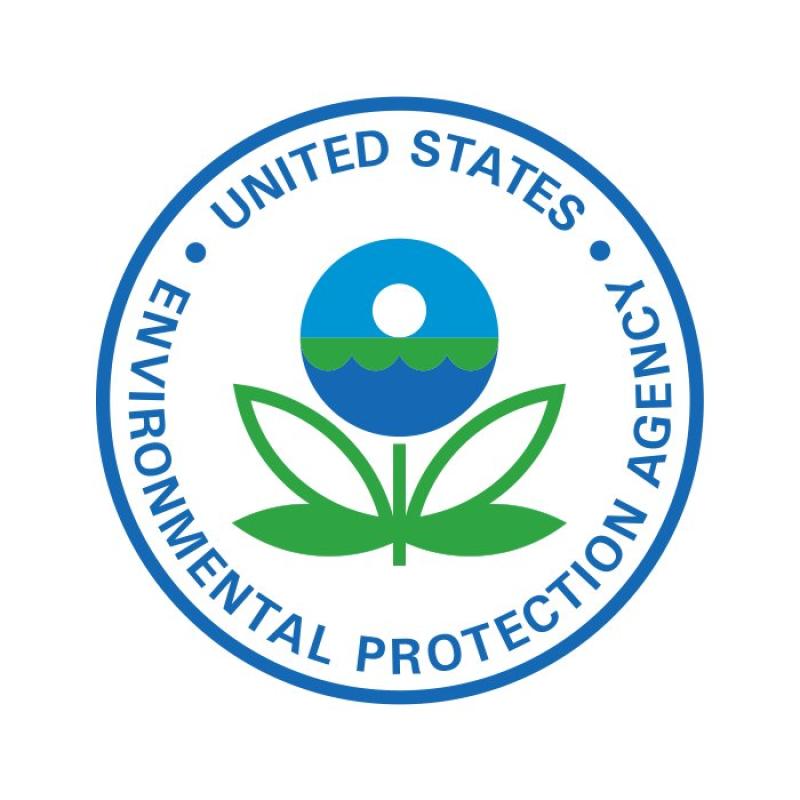This is a Mess: EPA Begins Quest to End California’s Fuel Waiver



The Trump administration has enacted phase two of its plan to revise Obama-era rules designed to cut pollution from vehicle emissions. In a proposal sent to the White House Office of Management and Budget on Thursday, the Environmental Protection Agency announced its intention to rescind the California waiver that separates it from the federal standards the state uses to regulate greenhouse gas emissions from automobiles.
Since allowing California to set its own emission standards would effective split the country’s auto market, the EPA has been clear that its ideal solution would be to cut a deal with the Golden State. Agency head Scott Pruitt previously said California “shouldn’t and can’t dictate [fueling regulations] to the rest of the country,” but acted in a manner that suggested a compromised could be reached.
This was followed by a lawsuit filed by 17 U.S. states, along with the California governor’s office, California attorney general, and the California Air Resources Board (CARB), alleging that the EPA had “acted arbitrarily and capriciously” in its decision to roll back the previous administration’s decision. While the odds are good that the Trump administration wasn’t ever interested in bending to California’s more stringent pollution policies, this was likely the point of no return — squashing any hope for meaningful negotiations.
In fact, post lawsuit, it seemed all scheduled discussions between the EPA and CARB were placed on the back burner. Still, the meetings that had occurred weren’t exactly productive.
Last month, Mary Nichols, head of the California Air Resources Board, met with officials from the Transportation Department and the Environmental Protection Agency in an effort to adjust the administration’s position. The EPA, Transportation Department, and White House issued subsequent press releases calling the conversations productive, noting they were “fully supportive of an open dialogue that proceeds in an expedited manner.”
Nichols was not inclined to agree. “Sounds like a great meeting based on the WH press release. Too bad it’s not the one we attended,” she tweeted on May 24th .
With negotiations in the gutter, California and other allied states figured a lawsuit was the best way to block the EPA’s proposed changes. “This phalanx of states will defend the nation’s clean car standards to boost gas mileage and curb toxic air pollution,” explained California Governor Jerry Brown.
As for the waiver, the EPA-backed revocation is contained in a joint proposal with the National Highway Traffic Safety Administration (NHTSA) and will undergo a review by the White House before it is released for public comment. While no official decision has been made, upholding the California waiver seems an unlikely event.
According to Bloomberg , the NHTSA proposes stalling vehicle fuel economy standards at 2020 levels through 2026. In an earlier draft, this meant holding efficiency requirements at a 37-mile-per-gallon average for light-duty vehicles, instead of gradually increasing them to roughly 50 mpg by 2025 — as per the previously established mandate. The NHTSA also suggests ending California’s self-governance on fueling in a manner that’s different than the EPA. It makes the claim that the 1975 law creating the first corporate average fuel economy standards supersede any waiver that allows states to enact their own rules.
Whether you’re in favor of maintaining the Obama-era rules or the Trump administration’s rollback, the waiver isn’t the ideal solution. Automakers have repeatedly stated that they are in favor of a national standard , regardless of what it is. Bill Ford, executive chairman at Ford Motor Co., and CEO Jim Hackett even went as far as saying their companies weren’t in favor of the rollback at all. This was echoed by the Alliance of Automobile Manufacturers (AAM), which has Ford as a member, over the past two months.
However, earlier this year, automakers and automotive lobbies like the AAM pressured Washington into easing vehicle efficiency standards . So, the public image of many automotive firms may not be representative of their true intent. Let’s also remind ourselves that Ford plans to abandon its most efficient models to focus primarily on truck sales.
While it’s in every manufacturer’s best interest to remain on the cutting edge of automotive technology and provide competitive, efficient vehicles, the industry hit efficiency shortfalls in 2016 and noted it could use come flexibility on the matter. Likewise, consumers aren’t purchasing hyper-efficient models at the same rate as when gas prices were higher.
Meanwhile, the rest of the world’s developed nations seem to be pursing very aggressive fueling policies that would effectively force widespread electrification in the coming decades. Whether or not California has its say, all automakers with a global footprint will have to take this factor into account.
Frankly, this entire issue has become a total mess. Further complicating things is the EPA’s 44-member Science Advisory Board, which voted on Thursday to review the rollback proposal. The group has expressed concerns that the Environmental Protection Agency has lapsed in its duties under the Trump administration and allowed itself to be influenced by corporate-backed studies and lazy research. It has suggested the fuel proposal, among others, may not have been sufficiently justified.





I love that EPA logo! Blue and green... flower and ocean... It really does make me think of Scott Pruitt!
"States' rights" is a centerpiece of Republican orthodoxy... unless the state in question is doing something Republicans don't like. Then they don't pretend any more...
D'ya think???